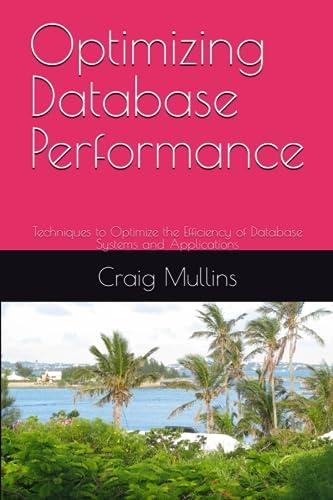Question
JAVA: implement prefixExpression class interface: public class PrefixExpression extends Expression { // Feel free to create other private/protected members, methods, or constructors. public PostfixExpression(String expression)
JAVA: implement prefixExpression class
interface:
public class PrefixExpression extends Expression {
// Feel free to create other private/protected members, methods, or constructors.
public PostfixExpression(String expression) {
// Remember the super constructor // This constructor receives a String containing the expression text. It will invoke the constructor for class Expression, passing in the expression text.
}
@Override
public boolean isLegal() {
//This method returns true if the first token in the tokenList is an operator, AND the last two tokens are operands, AND the number of operands in the expression is equal to the number of operators plus 1.
}
@Override
public double evaluate() {
//
This method uses a queue of Strings to evaluate the prefix expression.
o Ensure the expression is legal, if not Stop and throw an exception, using class ArithmeticException
o Enqueue all of the tokens in the tokenList into the queue o if the # of tokens in the queue >= 3,
? Dequeue the 1st 3 values. Into 3 String variables: ie: a, b, & c ? else Stop and throw an exception, using class ArithmeticException
o While not done
? If A is not an operator, and B & C are not operands, then we do not have a subexpression. So;
Enqueue A back onto the queue, and swap values
A =B
B=C
Dequeue a new value into C
Repeat the previous steps until A is an operator and B & C operands
? Once is we have a subexpression
Convert the operands into values of type double
Call the method evaluateSubexpression
Enqueue the result back onto the queue.
o If the number of elements in the queue equals 1, we are done.
o Else, dequeued 3 new values into a , b, & c and continue processing.
o When done (one value remaining on the queue) dequeue and return the result of the expression.
}
}
public abstract class Expression {
// Feel free to create other private/protected members, methods, or constructors.
protected String expression;
protected ArrayList
/**receives a String containing the expression text, break the expressions into tokens
* and store the resulting String array into the data member tokenList.
* @param expression
*/
public Expression(String expression){
ArrayList
String[] tokenList = expression.split(" ");
for(int i = 0; i< tokenList.length; i++) {
newToken.add(tokenList[i]);
}
}
/**
* @return the expression string
*/
public String getExpression() {
return expression;
}
/**
* @return the token list
*/
public ArrayList
return tokens;
}
/** determines if the String is a valid operand
* @param token
* @return true if the String parameters is a valid operand
*/
protected static boolean isOperand(String token) {
boolean result = false;
for(int i = 0; i < token.length()-1; i++) {
if(token.indexOf(i) != 0) {
result = false;
}
else {
result = true;
}
}
return result;
}
/** determines if String token is an operator
* @param token
* @return true if the String parameter contains one of +, -, *, / or %.
*/
protected static boolean isOperator(String token) {
if (token.equals("-") || token.equals("+") || token.equals("*") || token.equals("/") || token.equals("%")) {
return true;
}
else
return false;
}
/** given a String containing a valid operand
* this method returns the value of the operand as type double.
* @param token
* @return Double operand
* @throws NumberFormatException
*/
protected static double getOperandValue(String token) throws NumberFormatException {
if(!isOperand(token)) {
throw new NumberFormatException();
}else {
return Double.parseDouble(token);
}
}
/** This method evaluates a subexpression as operand1 operator operand2
* and returns the result as type double.
* @param operand1
* @param operator
* @param operand2
* @return result
*/
protected static double evaluateSubExpression(double operand1, String operator, double operand2) {
if( operator.equals("-")) {
return operand1 - operand2;
}
else if(operator.equals("+")) {
return operand1 + operand2;
}
else if(operator.equals("*")) {
return operand1 * operand2;
}
else if(operator.equals("/")) {
return operand1 / operand2;
} else {
return operand1 % operand2;
}
}
Step by Step Solution
There are 3 Steps involved in it
Step: 1

Get Instant Access to Expert-Tailored Solutions
See step-by-step solutions with expert insights and AI powered tools for academic success
Step: 2

Step: 3

Ace Your Homework with AI
Get the answers you need in no time with our AI-driven, step-by-step assistance
Get Started


